


Table of Contents
- Introduction
- Key Aspects of Electrical Safety in Societies
- Potential Electrical Hazards in Societies
- Role of Society Management in Electrical Safety
- Essential Electrical Safety Tips
- Faq's
Introduction
Electricity is essential for modern living, but improper handling or faulty electrical systems can pose serious risks in residential societies. Electrical safety is crucial to prevent fire hazards, electrocution, and equipment damage. Understanding the potential hazards and implementing effective safety measures can protect residents and property from accidents. This guide explores key aspects of electrical safety in societies, potential hazards, and practical tips for prevention.
Key Aspects of Electrical Safety in Societies
1. Proper Wiring and Regular Maintenance
A well-maintained wiring system is the backbone of electrical safety. Societies should ensure that all wiring installations are done using high-quality, fire-resistant materials. Regular electrical audits by professionals can identify potential hazards such as loose connections, frayed wires, or outdated systems that may cause short circuits or fires. Additionally, replacing old or damaged wiring is crucial to prevent electrical failures.
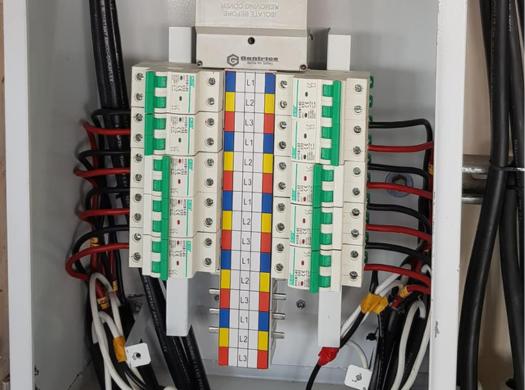
2. Efficient Load Management
Every society has a significant electrical load due to the use of air conditioners, refrigerators, elevators, water pumps, and other electrical appliances. Overloading circuits can lead to overheating, tripping of breakers, and even electrical fires. Society management must distribute electrical loads efficiently, upgrade power infrastructure when needed, and ensure that residents are aware of responsible energy consumption.
3. Installation of Safety Devices
Installing the right safety devices can prevent electrical mishaps. Every society should have:
- Residual Current Devices (RCDs): These detect leakage currents and shut off power to prevent electric shocks.
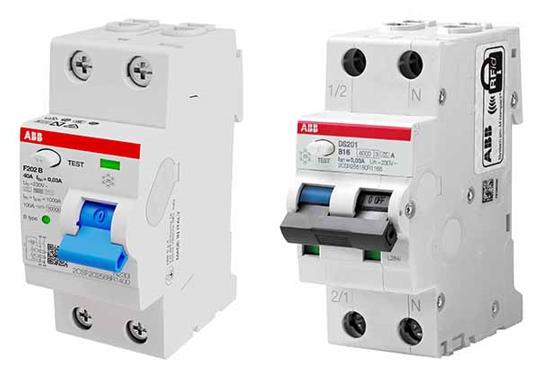
- Circuit Breakers: Protect against short circuits and overcurrent by automatically cutting off the power supply.
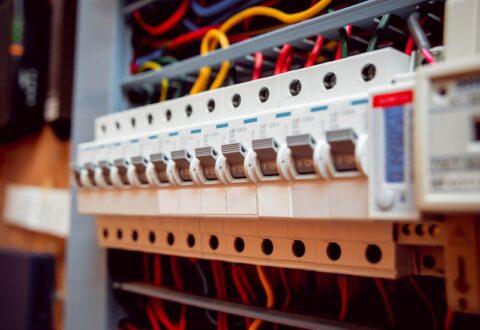
- Surge Protectors: These prevent damage to electrical appliances caused by sudden voltage spikes, especially during lightning storms.
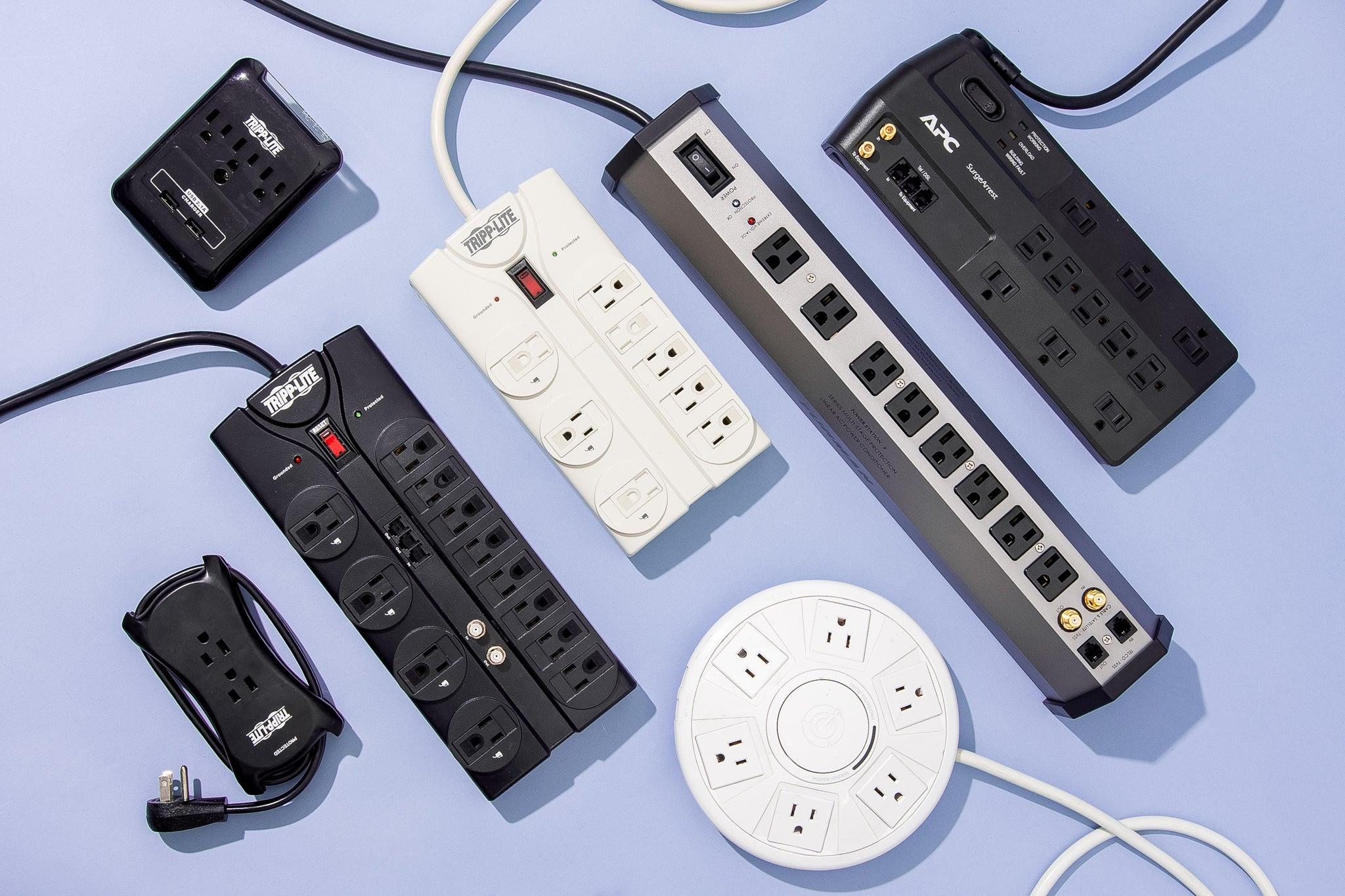
- Smoke Detectors & Fire Alarms: Early detection of electrical fires can help prevent major disasters.
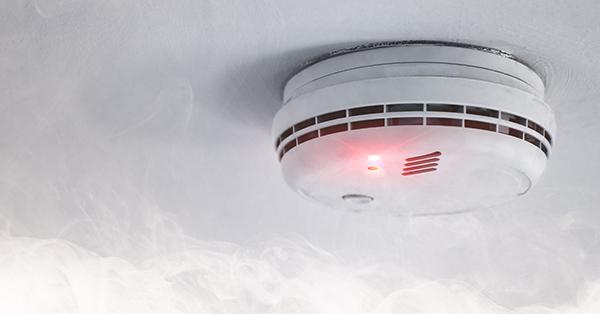
4. Emergency Preparedness & Response Plan
Electrical emergencies, such as power failures, sparks, or fires, require an immediate response. Societies must have a clear emergency preparedness plan that includes:
- Emergency contact numbers for electricians and fire safety authorities.
- Clearly marked fire extinguishers, particularly CO2 or dry chemical extinguishers for electrical fires.
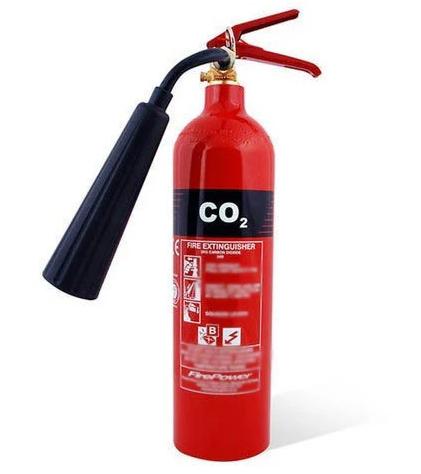
- Training residents and staff on what to do in case of an electrical emergency.
- Backup power supply such as inverters or generators to ensure essential services like elevators and security systems remain functional during power outages.
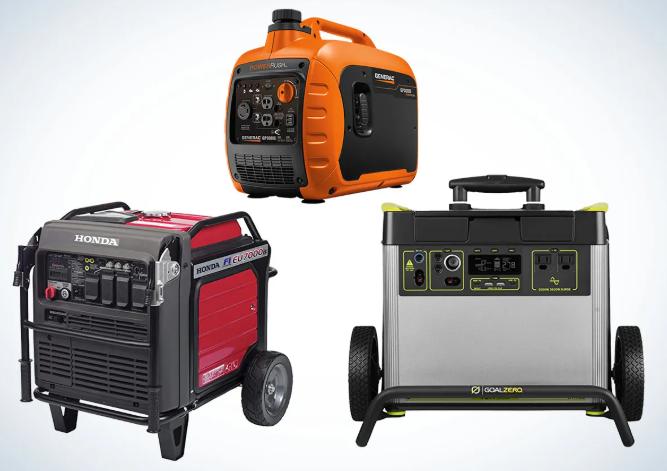
5. Raising Awareness Among Residents
Residents play a crucial role in electrical safety. Management should conduct awareness sessions to educate them about safe electrical practices, such as:
- Avoiding overuse of extension cords.
- Turning off appliances when not in use.
- Keeping electrical panels accessible.
- Never touching electrical equipment with wet hands.
Potential Electrical Hazards in Societies
- Faulty Wiring: Aging or substandard wiring can cause sparks, leading to fires. Loose connections or exposed wires increase the risk of electrocution.
- Overloaded Circuits: Plugging too many appliances into a single outlet can cause overheating and fire hazards.
- Poorly Maintained Electrical Panels: Old circuit breakers or fuse boxes may fail to trip during a power surge, increasing fire risks.
- Water Contact with Electrical Installations: Water leakage near electrical panels or wet hands while handling appliances can lead to electric shocks.
- Lack of Earthing and Surge Protection: Improper earthing can cause voltage fluctuations, damaging appliances and increasing shock risks.
Role of Society Management in Electrical Safety
- Regular Electrical Audits: Conduct periodic inspections to identify and fix potential hazards.
- Emergency Response Planning: Develop safety protocols and train security personnel to handle electrical emergencies.
- Proper Signage and Awareness: Install warning signs near electrical panels and educate residents about safe practices.
- Hiring Licensed Electricians: Ensure all electrical work is carried out by certified professionals.
- Backup Power Solutions: Maintain well-functioning generators and inverters to avoid disruptions during power outages.
Essential Electrical Safety Tips
- Do not overload sockets - Use power strips with surge protectors instead of plugging multiple devices into one outlet.
- Unplug appliances when not in use - Reduces fire risks and saves energy.
- Keep electrical panels accessible - Avoid blocking breaker panels for quick access during emergencies.
- Check for damaged cords and plugs - Frayed or exposed wires should be replaced immediately.
- Do not touch electrical appliances with wet hands - Prevents electric shocks.
- Use childproof covers on sockets - Protects children from accidental shocks.
- Turn off power before repairs - Always switch off the main supply before handling electrical work.
- Install smoke detectors - Helps in early detection of electrical fires.
explore further
Latest from Technological
More from Innovations
Resources
Dwello, for every home buyer, is a way to go from 'I feel' to 'I know', at no extra cost.


